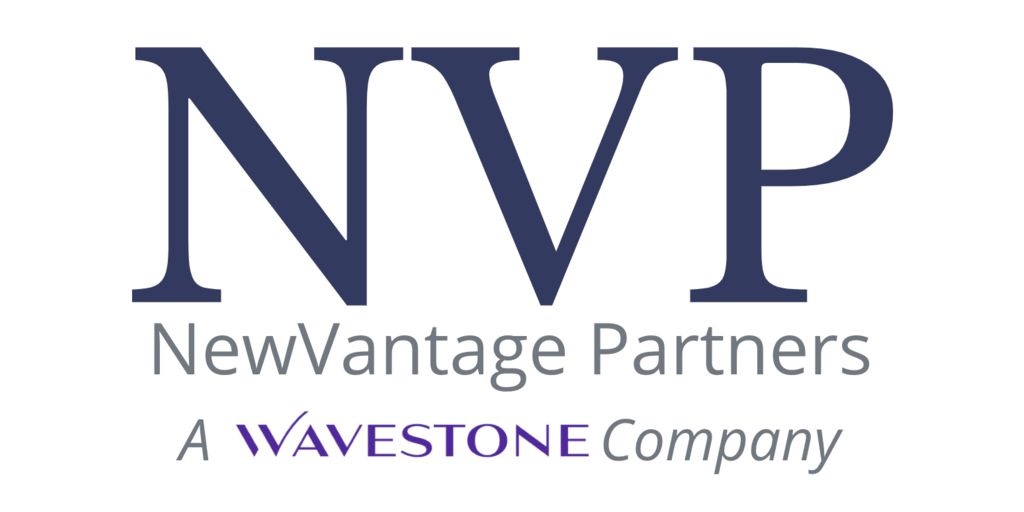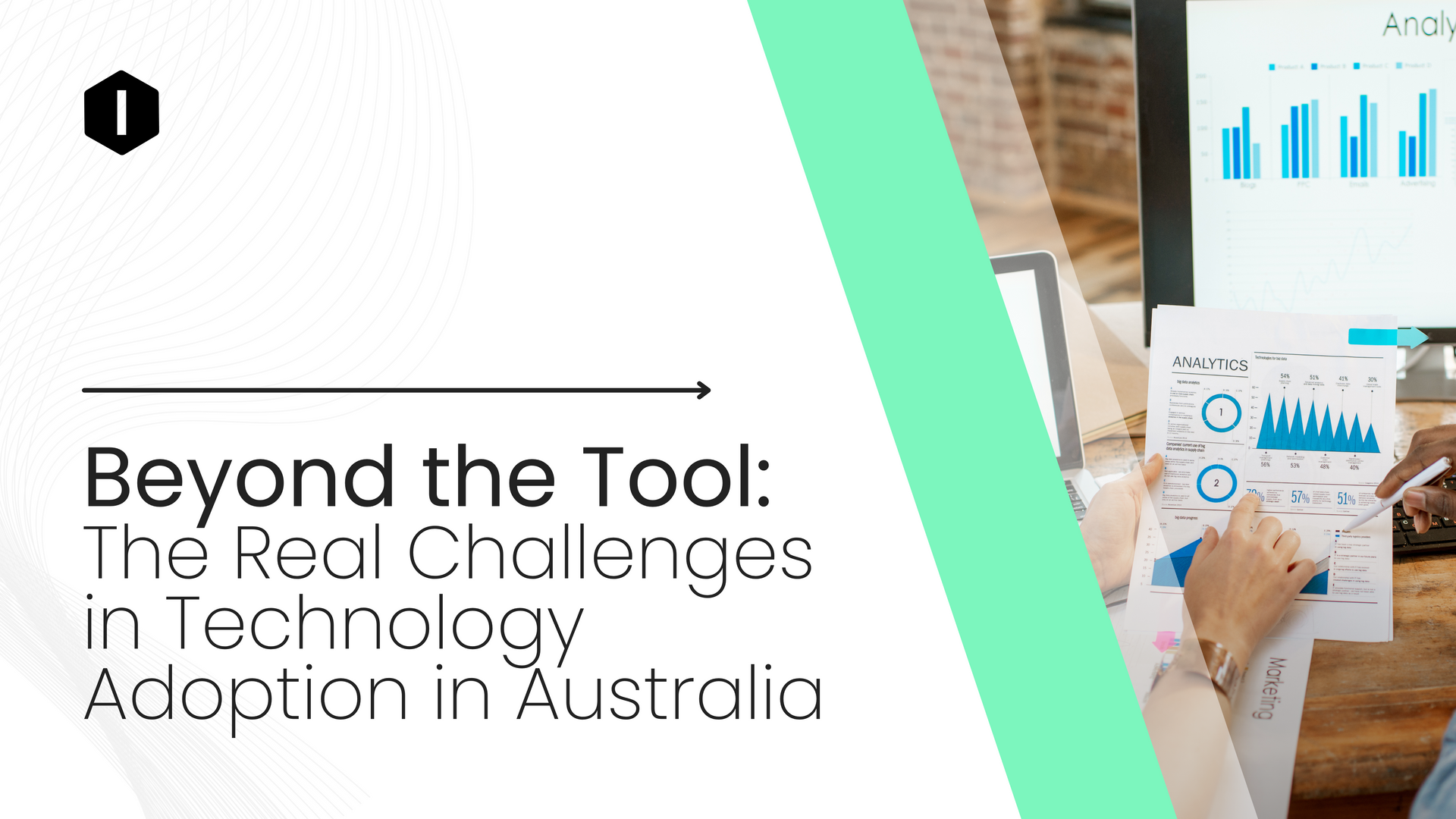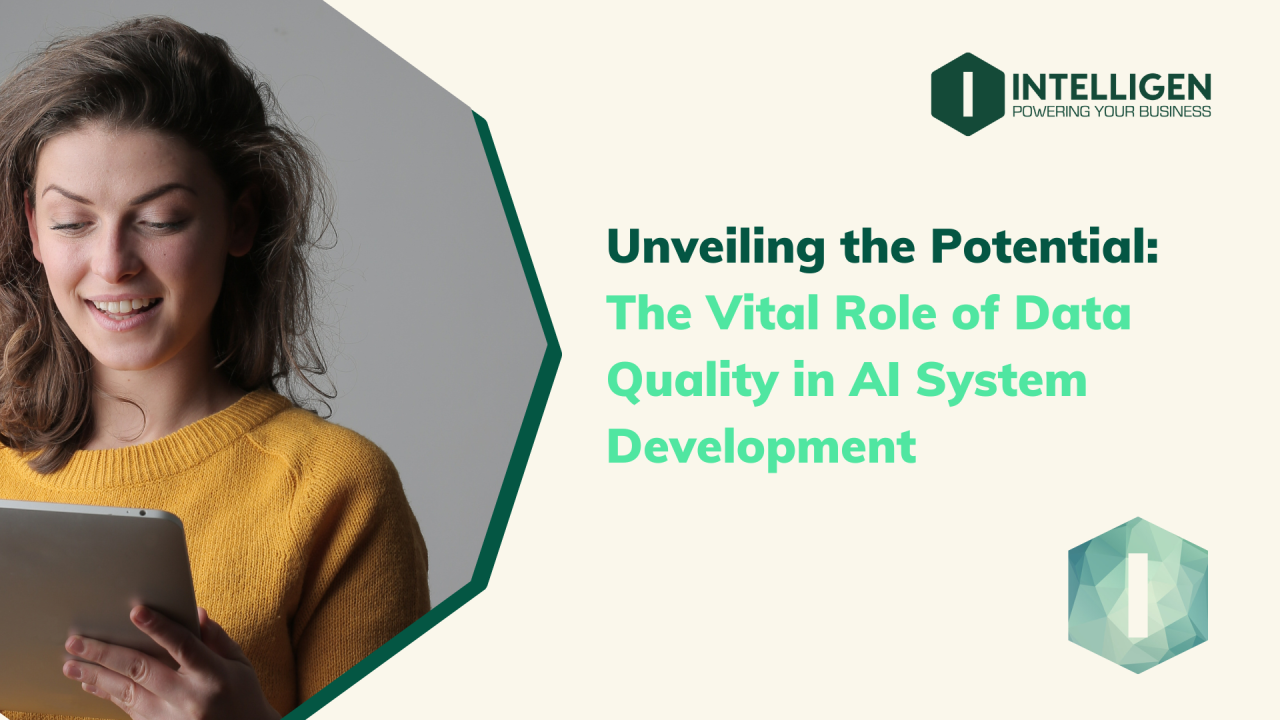Over the past few years, most of our clients have been companies dealing with heaps of old-school on-premise technology. In our early chats, a common story pops up. They're putting a lot into keeping their tech shipshape and their data sorted. They're bringing in top folks to handle it all. But even with all that effort, they're having a tough time keeping up with their business needs. And their return on investment isn't quite cutting it. In this newsletter, let's explore why becoming data-driven is such a challenge. Read the full article ✔✔✔
Over the past few years, most of our clients have been companies dealing with heaps of old-school on-premise technology. In our early chats, a common story pops up. They're putting a lot into keeping their tech shipshape and their data sorted. They're bringing in top folks to handle it all. But even with all that effort, they're having a tough time keeping up with their business needs. And their return on investment isn't quite cutting it. Getting new insights takes ages, and they see being innovative as a bit of a luxury rather than something built into how they work.
Moving away from the traditional on-premises data and analytics setup takes time, money, patience, careful planning, and, most importantly, the big bosses getting behind the role data plays in making business plans work. It's important to realise that going digital isn't a quick fix; it's a long journey that needs “data-driven leadership”.
In January 2022, NewVantage Partners, a Wavestone Company and strategic advisors to Fortune 1000 clients in data-driven business leadership since 2001, shared the results of their yearly Data and AI Leadership Executive Survey.
What they found is that organisations still face a potentially arduous path toward becoming data-driven. Less than half of the respondents (47.4%) indicated that they were competing using data and analytics. Merely 39.7% reported managing data as an enterprise business asset, a mere 26.5% claimed to have established a data-driven organisation, and only 19.3% indicated the presence of a data culture.

For the fourth year running, a big 91.9% of executives said that the biggest problem in making this all happen is the culture of the company. Only 8.1% said that technology is the main issue. So, the hold-up isn't really the tech; it's how the people work together. This implies that we need to find ways to overcome the obstacles created by individuals in managing their organisations.
The Trouble with Old Ways and Stopping Innovation
This makes us wonder: Why are "born digital" companies data-driven, while "legacy" companies are not? For innovative firms, data brings speed, agility, and the ability to fail fast, learn from experience, and execute smarter.
But traditional companies are stuck with old systems, decade-old data warehouses, and ways of doing things from before Big Data was a thing. That’s why, mainstream firms that have achieved transformative or disruptive success with measurable results continue to be in the minority.
The Data Way of Thinking
The blame for the struggle to change a legacy business usually falls on the culture of the place, which is one of the hardest things to change. But what is "culture," really? Here's an example from Google. They want to make sure every decision they make is backed up by data. At the board level of their holding company, Alphabet, they have identified their most significant business challenges and questions.

These questions are regularly revised, and the executive chairman states that they run Google based on these questions. All management reporting provided to the board must help answer these approximately 35 questions - and these questions evolve over time. Google's idea is to let everyone in the company help make decisions, not just the top bosses. This is where older companies have trouble.
This brings up a question: How do we provide people with access to data?

The Do-It-Yourself Solution
Let us tell you about a client of ours, a well-known Australian retailer. They had heaps of data stored on the cloud and they wanted their team to use it to make better choices. But for lots of companies, stepping into the world of doing things with data is a big challenge. We often don't realise how much time and work it takes to teach people how to use data well.
We've seen lots of projects where they say, "Here's a simple way to look at data and lots of data to look at. Good luck! You figure it out." But then the problem is that lots of people don't really know what data is there, what it's saying, or how to understand it.

Walmart did something clever. They made data cafes. These were like coffee shops where you could get a cup of coffee and sit with a data expert to talk about your business questions. This is great because it helps people learn while they get hands-on help. Plus, when it comes to giving people access to data, we need to guide them more. We also need to have to consider different approaches to strike the right balance between rigour and agility.
The Data Translator
We were recently working with a client who's trying to change their company structure to make it flatter and give more people access to data so they can make decisions better.
They want to remove or reduce all the traditional hierarchy layers that make it really difficult for people to actually make data-informed decisions. The other thing that appears as a consequence of this, is that we need to rethink some of the traditional job roles at the moment.
We see lots of hold-ups where data experts are under a lot of pressure from the business to give them the answers they need. What we've seen successful companies do well is they make roles like data translators. These are the people who sit in the middle, helping tech and business people understand each other. This helps them all work together better.
Getting to the Why
At the end of the day, we need to be really clear about what questions we want answers to. This is something we can learn from Google. They work out their business plan, the big problems they need to solve, and the most important questions they need answers for. Then they go looking for the data that will give them those answers.
----------
If you'd like to stay in the loop about our latest articles covering topics like Snowflake, data strategy, data governance, and data quality, you can subscribe to our newsletter and also give us a follow on our social media pages. We'd be thrilled to keep you informed!
These Posts are Suggested For You






